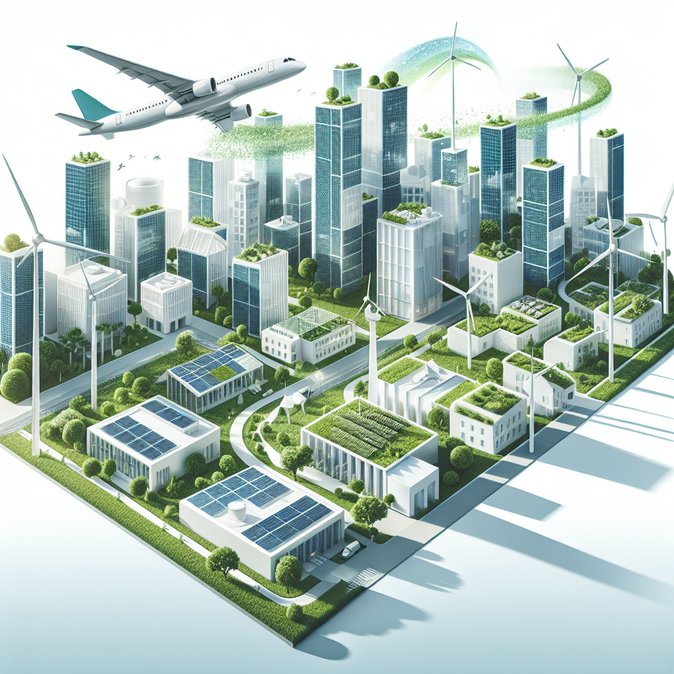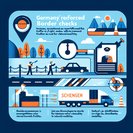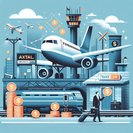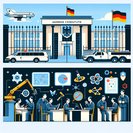
In a move with major marketing and compliance implications for Germany’s flag carrier, Lufthansa joined 20 other European airlines on 8 November 2025 in pledging to stop advertising individual flights as ‘carbon neutral’ or fully ‘offset’. The voluntary commitment follows talks with the European Commission and consumer-rights groups, who argued that such language misleads travellers about the true climate impact of air travel.
Under the agreement, airlines must avoid vague environmental slogans and ensure any future sustainability claims are backed by scientific evidence. They must also display CO₂ emission data in a transparent, standardised format so that consumers—and increasingly, corporate travel managers—can compare carriers.
![Lufthansa Among 21 Carriers to Drop ‘Carbon-Neutral Flight’ Claims After EU Pressure]()
For international companies with net-zero targets, the change offers clearer data for scope-3 emissions accounting. Travel buyers will need to revisit supplier-selection criteria: rather than relying on airline offset packages, firms may have to purchase separate, verifiable carbon credits or accelerate modal shifts to rail for short-haul routes inside Germany.
The European Commission hinted that the voluntary code could become binding if airlines fail to comply. Lufthansa said it would focus on promoting sustainable aviation fuel (SAF) contributions instead of traditional offsetting and will publish an externally audited climate-impact report in Q1 2026.
While the announcement has minimal immediate operational impact, it reshapes the way airlines communicate with corporate clients and could influence negotiated fares that bundle environmental add-ons.
Under the agreement, airlines must avoid vague environmental slogans and ensure any future sustainability claims are backed by scientific evidence. They must also display CO₂ emission data in a transparent, standardised format so that consumers—and increasingly, corporate travel managers—can compare carriers.

For international companies with net-zero targets, the change offers clearer data for scope-3 emissions accounting. Travel buyers will need to revisit supplier-selection criteria: rather than relying on airline offset packages, firms may have to purchase separate, verifiable carbon credits or accelerate modal shifts to rail for short-haul routes inside Germany.
The European Commission hinted that the voluntary code could become binding if airlines fail to comply. Lufthansa said it would focus on promoting sustainable aviation fuel (SAF) contributions instead of traditional offsetting and will publish an externally audited climate-impact report in Q1 2026.
While the announcement has minimal immediate operational impact, it reshapes the way airlines communicate with corporate clients and could influence negotiated fares that bundle environmental add-ons.










